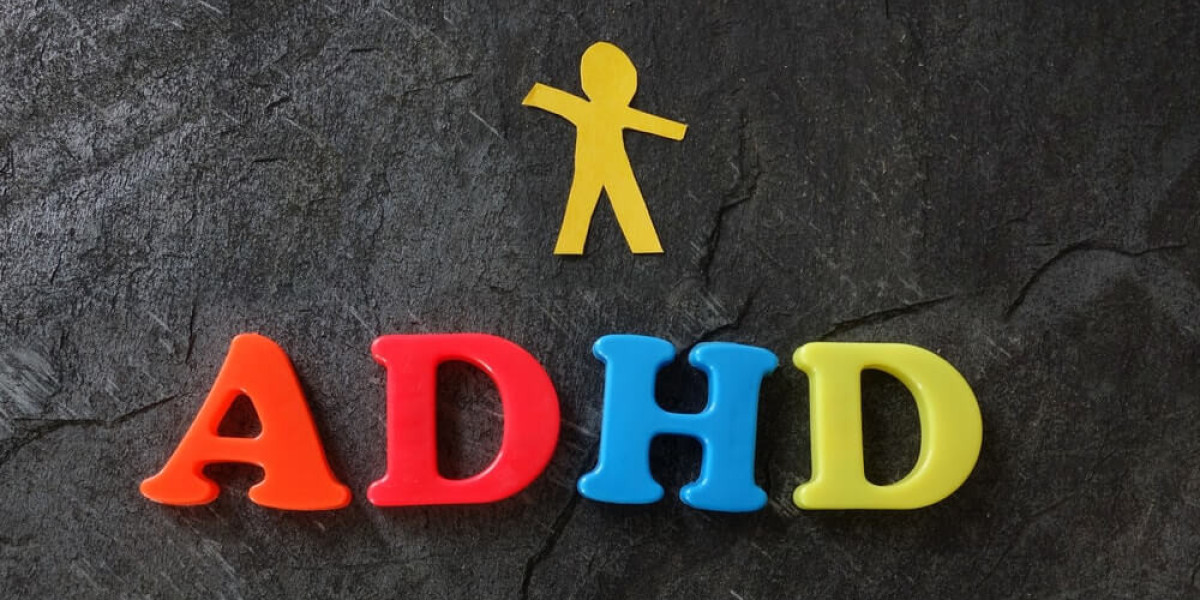Introduction:
Attention Deficit Hyperactivity Disorder (ADHD) is a neurodevelopmental disorder characterized by symptoms of inattention, hyperactivity, and impulsivity. While ADHD has long been viewed through a lens of deficit and dysfunction, there is a growing recognition of the diverse strengths and perspectives that individuals with ADHD bring to the table. In this article, we explore the multifaceted nature of ADHD, challenge common misconceptions, and highlight the unique strengths and perspectives of individuals with ADHD.
Understanding ADHD:
ADHD is a complex neurodevelopmental disorder that affects the brain's executive functioning skills, including attention, impulse control, and working memory. It is typically diagnosed in childhood, although symptoms can persist into adolescence and adulthood. While the exact cause of ADHD is not fully understood, research suggests that a combination of genetic, environmental, and neurological factors may contribute to its development.
The primary symptoms of ADHD include:
Inattention: Difficulty paying attention to tasks, being easily distracted, and frequently making careless mistakes.
Hyperactivity: Restlessness, fidgeting, and difficulty staying still or seated for extended periods.
Impulsivity: Acting without thinking, interrupting others, and difficulty waiting for turns.
ADHD is diagnosed through a comprehensive evaluation conducted by a qualified healthcare professional, such as a pediatrician, psychiatrist, or psychologist. Diagnosis typically involves a thorough assessment of symptoms, medical history, and functional impairment.
Challenging Misconceptions:
Despite increased awareness of ADHD, there are still many misconceptions and stereotypes surrounding the disorder. Some common misconceptions include:
ADHD is just a lack of discipline: ADHD is not simply a matter of laziness or lack of discipline. It is a legitimate neurodevelopmental disorder supported by scientific research and evidence. Individuals with ADHD may struggle with executive functioning skills, such as organization, time management, and impulse control, but this does not reflect a lack of effort or motivation.
Everyone with ADHD is hyperactive: While hyperactivity is a common symptom of ADHD, not everyone with the disorder exhibits hyperactive behavior. Inattentive type ADHD, formerly known as ADD, is characterized by symptoms of inattention without hyperactivity. Additionally, symptoms can vary in severity and presentation among individuals with ADHD.
ADHD only affects children: While ADHD is commonly diagnosed in childhood, symptoms can persist into adolescence and adulthood. Many adults with ADHD were not diagnosed until later in life, leading to challenges in academic, occupational, and social settings. It is essential to recognize that ADHD is a lifelong condition that can have a significant impact on individuals across the lifespan.
Medication is the only treatment for ADHD:
While medication can be an effective treatment option for managing ADHD symptoms, it is not the only approach. Behavioral therapy, such as cognitive-behavioral therapy (CBT) and parent training, can help individuals develop coping strategies and improve self-regulation skills. Additionally, lifestyle modifications, such as exercise, nutrition, and sleep hygiene, can play a role in managing ADHD symptoms.
Embracing Strengths and Perspectives:
While ADHD is often associated with challenges in attention, hyperactivity, and impulsivity, individuals with ADHD also bring a unique set of strengths and perspectives to the table. Some of these strengths include:
Creativity: Many individuals with ADHD possess a high degree of creativity and innovation. Their hyperactive minds and ability to think outside the box can lead to novel ideas, solutions, and insights that may not have been considered otherwise.
Hyperfocus: While ADHD is characterized by difficulty sustaining attention, individuals with the disorder may also experience periods of hyperfocus, where they become deeply absorbed in a task or activity. This intense concentration can lead to heightened productivity and performance in areas of interest or passion.
Adaptability: Individuals with ADHD are often highly adaptable and resourceful. They may excel in fast-paced environments or situations that require quick thinking and problem-solving skills. Their ability to think on their feet and adapt to changing circumstances can be a valuable asset in various contexts.
Energetic and Enthusiastic: Many individuals with ADHD are known for their boundless energy and enthusiasm. They may approach tasks and challenges with a sense of excitement and passion that is infectious to those around them. Their enthusiasm can inspire others and foster a sense of creativity and innovation.
Empathy and Sensitivity: Individuals with ADHD may possess a heightened sense of empathy and sensitivity to the emotions and experiences of others. Their ability to connect with others on a deep emotional level can make them compassionate and supportive friends, partners, and advocates.
Conclusion:
ADHD is a complex neurodevelopmental disorder characterized by symptoms of inattention, hyperactivity, and impulsivity. While ADHD is often associated with challenges in daily functioning, it is essential to recognize the diverse strengths and perspectives that individuals with ADHD bring to the table. By challenging common misconceptions and embracing the unique strengths and perspectives of individuals with ADHD, we can foster a more inclusive and supportive society for all. Through education, awareness, and acceptance, we can empower individuals with ADHD to reach their full potential and thrive in all aspects of life.



